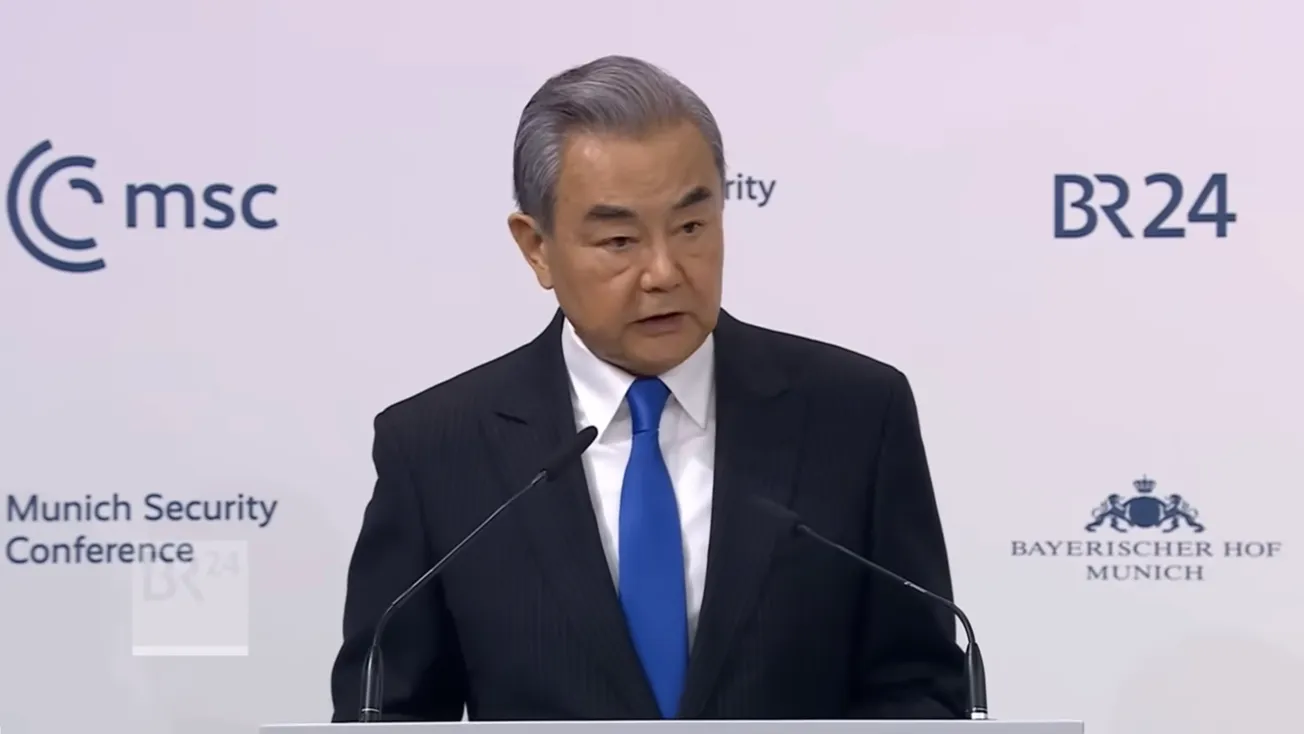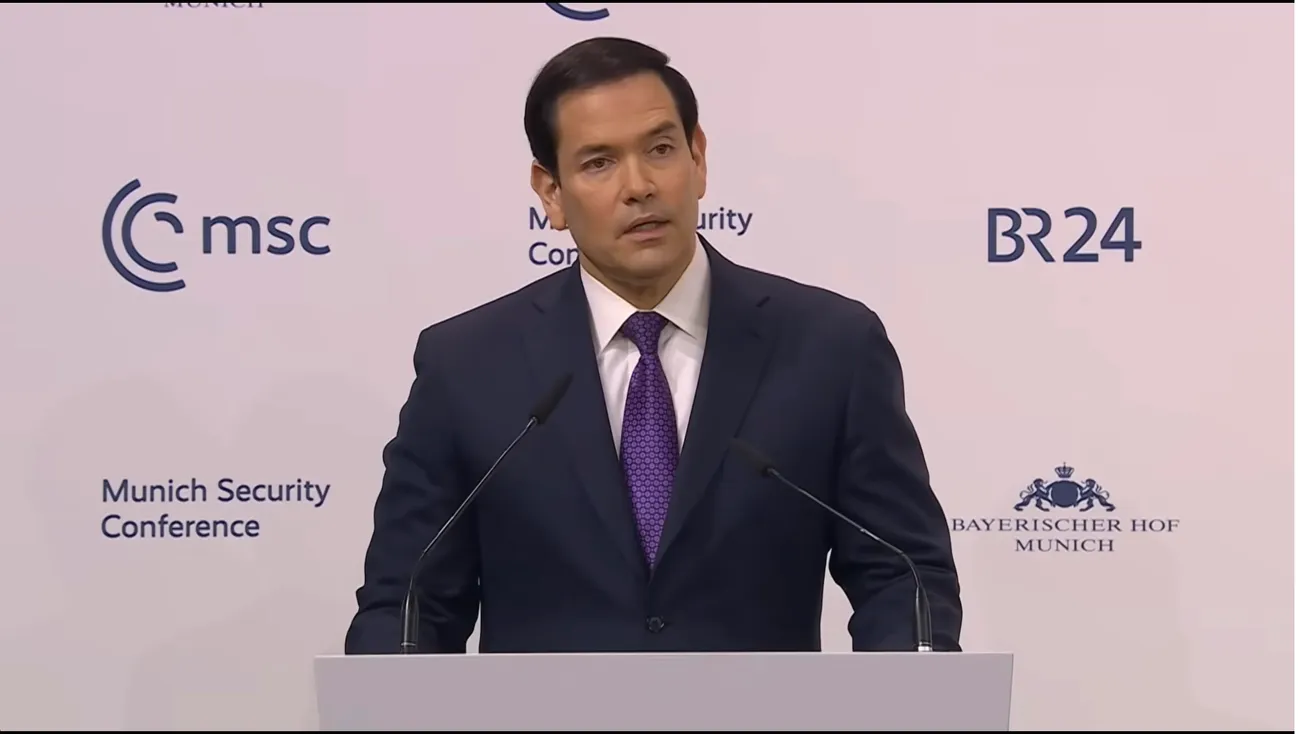A particularly strong sentiment against the ongoing policies of neocolonialism was voiced from a number of African heads of state at this week’s UN General Assembly. In the cases of Burundi, Central African Republic, and Zimbabwe, all three presidents were attendees at the recent Russia-Africa Summit St Petersburg. Their comments indicate the changed dynamic in the world, and particularly those nations of the so-called Global South who are no longer tolerating the imperial policies dictated to them.
The clearest statement on this came from Burundian President Evariste Ndayishimiye, who discussed the horrors of colonialism, then said that this has continued with “neocolonialism” today, in the form of interference in the internal affairs of nations, unfair remuneration of raw materials, and unfair conditionalities of Bretton Woods financial institutions (IMF and World Bank). The various forms of “development aid,” he said, all “seem to be imbued with bad faith,” and only “proliferate to veil this hypocrisy while the resources put into action to hope for economic returns likely to ensure recovery are in decline.”
Ndayishimiye then let loose: “Let us dare to say it: The political and security instability of the countries of the South, especially in Africa, comes from the will of the powers who want to guide the internal policies of developing countries. Africa, in particular, having become the terrain of geopolitical clashes between great powers, it is still years behind in terms of economic development. And, it is this economic deficit which becomes the cause of the internal conflicts which still push our countries into extreme poverty.”
In a similar vein, Zimbabwean President Emmerson Dambudzo Mnangagwa pointed to this in his own way. He said: “We strongly condemn tendencies by some powerful countries who preach peace, human rights and democracy and yet clandestinely fund conflicts and the unconstitutional changes of governments, for their own narrow interests.”



